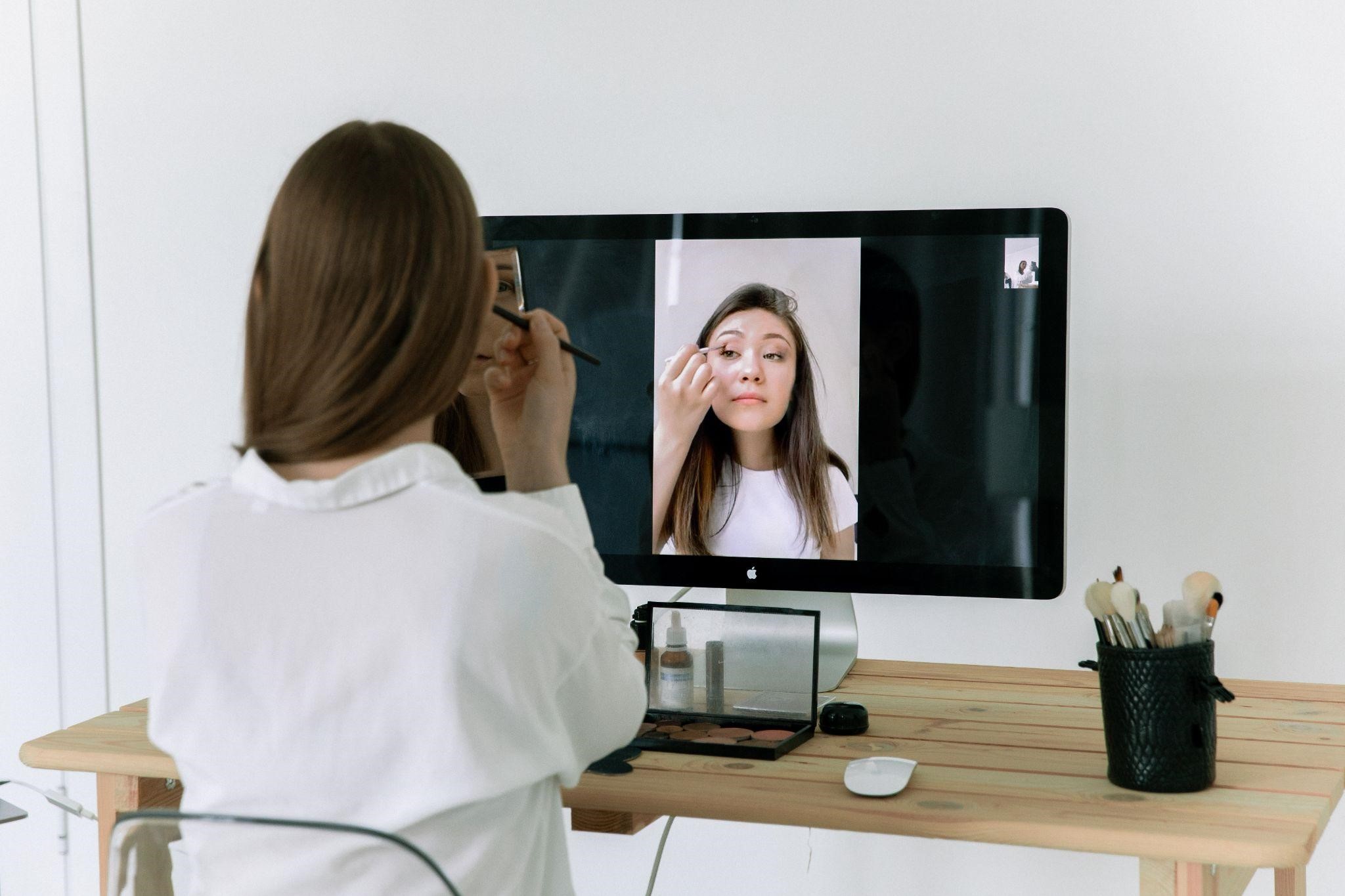Because of the advancement in technology, there have been cosmetic procedures available now that would not have been possible decades ago.
For instance, getting a permanent procedure, such as rhinoplasty, is becoming popular these days. According to the American Society of Plastic Surgeons, about 220,000 rhinoplasties are performed annually.
Meanwhile, in 2020, the U.S. registered the highest number of cosmetic procedures worldwide, with approximately four million operations.
Could it be that as technology advances, people’s trust in undergoing different cosmetic procedures also increases? Aside from the apparent advancements in clinical procedures, what is the other impact of technology on the beauty industry?
How exactly can technology help advance the beauty industry? Are there risks that come with using technology to propel the beauty industry?
This article explains the effects of technology on the beauty industry and how such technologies are used. The article also discusses the future of the beauty industry.
Technology and Its Role in the Beauty Industry
The emergence of technology has affected almost all industries, and the beauty industry is one of them.
Technology has played an essential role in every aspect of the industry. Aside from the developments in cosmetic procedures, technology has also affected how products are sold and manufactured and also impacted customer relations.
Companies in the beauty industry may exceed their competition once they blend technology into their business models.
Most people now use smartphones, and consumers on the platform want better online and mobile services. Consumers demanding better service affect how beauty industries would integrate technology into their companies.
Artificial Intelligence
Artificial intelligence, or AI, can be integrated into the beauty industry in numerous ways. Algorithms can utilize behavior analysis and customer data to know the best marketing strategies, whether it is for promoting a Botox treatment, liposuction, or something else.
AI may know the best skincare routine by considering the data collected on your skin composition. Other AI programs can pick the makeup shade that suits your skin tone and other factors.
Many people have trouble finding the shade of foundation that suits their skin the best. Trial and error may often happen to determine. Beauty companies are attempting to solve this problem by replacing traditional retail interactions with AI.
Virtual Makeup Try-Ons
AI technology has changed various social media platforms. Companies in the beauty industries are following in this development footsteps with interactive tools that you can virtually try-on beauty products.
Personalization technology is similar to virtual makeup try-on as it may solve the same problem. With advanced technology with intelligent face recognition and tracking technology, you can use your imagination to virtually apply various products in different shades.
Shades of lipstick are the common usage of the virtual try-on. The app lets you see how different lipstick shades look on your face and what fits you best before purchasing one. There are companies where you can purchase the product in-app after using the try-on application.
The virtual try-on minimizes the process of trial and error and narrows down your choices before purchasing.
Smart Beauty Tools
The advancement of the beauty industry is affected significantly by the emergence of intelligent beauty devices.
AI algorithms play an essential role in these changes. Beauty companies have integrated their product with various applications. Such as intelligent mirrors, different smartphone apps, and simple hand-held scanners.
Smart beauty devices scan your skin and determine its health results, showing what products you need and treatments you should follow. If you have sensitive, dry, or oily skin, these devices can tell you what kind of product you can use.
Innovative beauty tools can also read Wrinkles in your eyes and recommend the best eye creams.
With the amount of data these devices can gather, beauty companies may use them to promote their products. These companies’ marketing may improve significantly and provide more sales revenue.
Manufacturing
Beauty companies tend to lean more toward organic and plant-based ingredients, just like in the food industry.
The beauty and food industries have extensive relationships always, as the ingredients used in both industries are commonly the same. Such as coconut oil, moringa, and probiotics.
Farms and beauty brands will likely merge as the boundaries between the two industries get thinner.
Organic ingredients are the go-to solution for beauty brands, primarily sourcing natural ingredients and decreasing the environmental impact.
This solution has its flaw since organic ingredients may experience crop shortages. Other brands use greenwashing to promote their products but do not operate with sustainable ingredients.
The issue of shortages of crops may have a solution by beauty brands merging with farm businesses. While the farms can provide enough ingredients for beauty products, they can also develop labs for testing technologies and ingredients.
Marketing and Social Media
Social media is an important platform that beauty brands use to promote and sell their products.
Instagram is one of cosmetic companies’ most prominent social media platforms since the app is primarily for photo-sharing platforms. Beauty brands need visual promotion, making the two a perfect match.
Instagram also integrated promoting brands in its app by elevating its shopping capabilities, allowing brands to market and sell their products digitally entirely.
Three-Dimensional Makeup
Three-dimensional or 3D makeup lets you install various makeup and boost your virtual self with filters.
This strategy may positively affect beauty brands since users of social media apps may create filters with their products.
Without buying products, users can apply filters to their display photos. Consumers may feel good about how they look with the filter and potentially purchase actual products.
The Risks of Using Technology in the Beauty Industry
One risk technology may bring to beauty industries is romanticized beauty and poor mental health.
Social media platforms and magazines may display edited beauty pictures to promote their product. Experts in photoshoots and editing may illustrate beauty as flawless, with scars and blemishes edited out.
Social media filters may also falsely represent beauty and unrealistic standards. Achieving flawless makeup is not as easy as choosing a filter.
